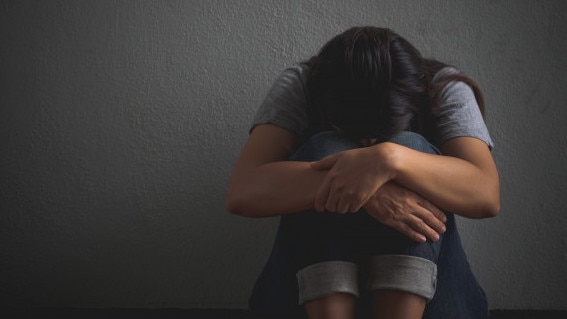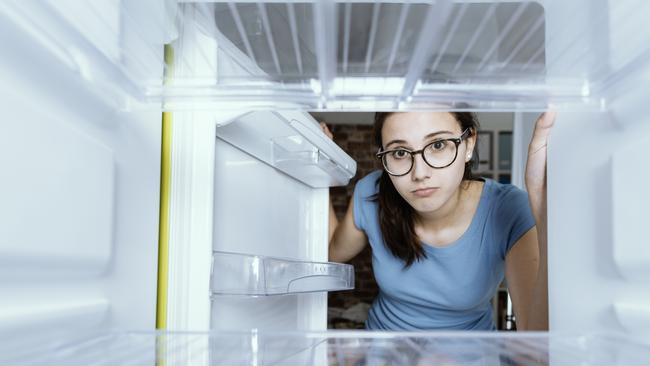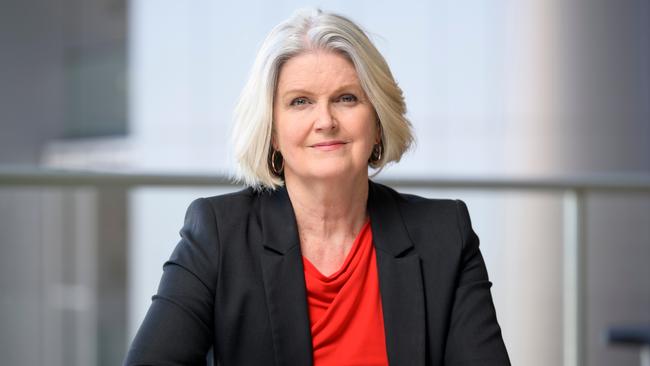Disturbing reality after end of disaster payments
Only affording to eat expired food and thinking prison life would be easier: That’s the reality of Aussies doing desperate things just to get by.
Costs
Don't miss out on the headlines from Costs. Followed categories will be added to My News.
A new study shows the detrimental effect the reversal of Covid pandemic relief payments has had on Aussies, with people doing all sorts of desperate things just to get by.
The report, from the Poverty and Inequality Partnership led by ACOSS and UNSW, found the 2020 Covid relief payments gave people in need “the breathing space to afford basics such as food and medication”.
However, it found the payment’s removal had a detrimental effect on those in need who went without meals or ate expired goods just to survive.
The report found the extra $275 per week in relief payments from April 2020 was “critically important” in improving people’s wellbeing during the pandemic.
After interviewing 33 income support recipients, the report’s authors Kylie Valentine, Yuvisthi Naidoo and Elizabeth Adamson said it is clear the payments provided ongoing relief to those experiencing financial stress and allowed them to plan for their future during an incredibly tricky period.
However, as the payment was reduced in September 2020, and later removed altogether in April 2021, recipients were forced back into a state of financial stress and also experienced “increased feelings of exclusion”.

The authors said the supplement was “far from a bonus payment but allowed participants to experience something closer to life without ongoing, debilitating worries about money.”
The study found participants were using the extra money to buy essentials like food and medical supplies and to pay off debts.
Research participant Jackie said she could no longer afford to shop at Aldi but instead purchased expired goods from a food pantry.
“(I stopped) shopping at the normal supermarket, at Aldi, I went to buy my food at a food pantry, for example. I buy food that is close to expiry date or even expired already so I was able to keep affording food and the basic needs,” she said.
Another said they’d gone back to prison because they couldn’t find anywhere to stay during the pandemic.
“I went to jail and then I got out and I went back to jail again because when I got out, it was hard during Covid-19 to find a place or somewhere to stay, so I went back to jail,” they said.
“I find it comfortable because I get fed, I’ve got somewhere to sleep every night, I’m not invading someone else’s privacy, I don’t have to worry about me, and I’m not getting myself into trouble.
“Yeah, part of me hates that I’m institutionalised, but I feel more comfortable in there than I do outside.”
Another participant said she only lived on one meal per day.

“Physically, I have lost a lot of weight, I’m used to it now, but my stomach has definitely shrunk. I’m kind of living on one meal a day,” she said.
Research also suggested the benefits of the payment were enhanced by relaxing restrictions around testing and compliance obligations.
Another participant, Lucy, said the pandemic made it impossible to maintain her previous quality of life, where she would pick up small pieces of work from various employers.
“I felt like I’d diversified my income from all different people, but it was like everything had gone. I never thought I’d get to a point where everything had gone,” she said.

ACOSS chief executive Cassandra Goldie said the report showed how the pandemic hit people on low incomes the hardest.
“These compelling human experiences show how tough the experience of poverty can be,” Dr Goldie said.
“Australia is one of the wealthiest nations in the world, yet people can’t afford to keep a
roof over their head, are eating only one meal a day and buying expired food.
“The report clearly shows how the coronavirus supplement provided people with enough to live on for the first time. We must urgently increase income support payments so that they cover the cost of the basics.”
Originally published as Disturbing reality after end of disaster payments


